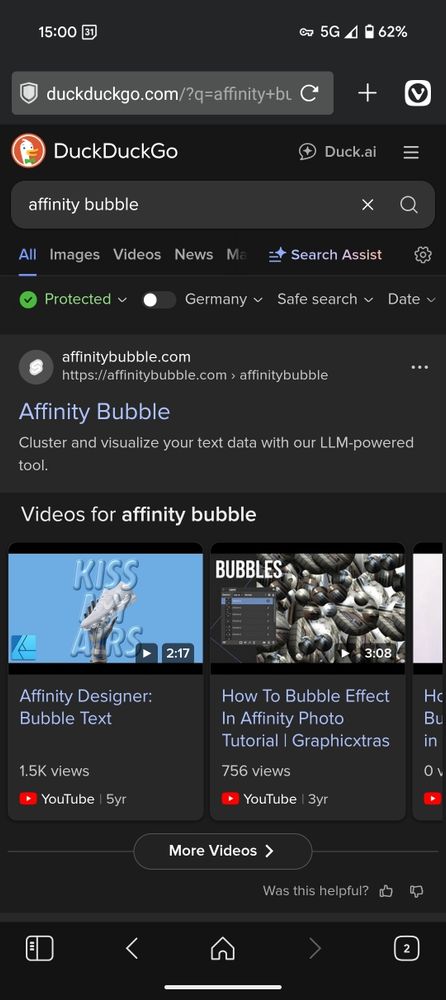Yeah. And as we globalise our social spheres, instead of being suspicious of those from another town, we find other ways to group people and call some "us" and the rest "them".
Replies
Oh no. @acuity.design have you a good link to an article for further reading on the term 'affinity bubble'?
Not easily as it’s all in a Dutch-language report.
Ah! Certainly sounds like a good thing to study. I can understand some Dutch but reading it is a trial 😅
These are some slides from presentation about understanding why places/platforms differ. There is no seeking of or expectation of affinity in most.
I see a communal space but it's not a community space is it? as research question
Yeah intriguing. And you can't control where people find community. Some will find it online, some locally, some who find community have voices that ideally shouldn't find strength in community (the racist kind for example).. But we can't deny people the making of friends wherever they find them.
This was part of the project discussion: they could build a social platform but there is no way of knowing if it will become a social place. It's humans and they can use/abuse places as they choose.

